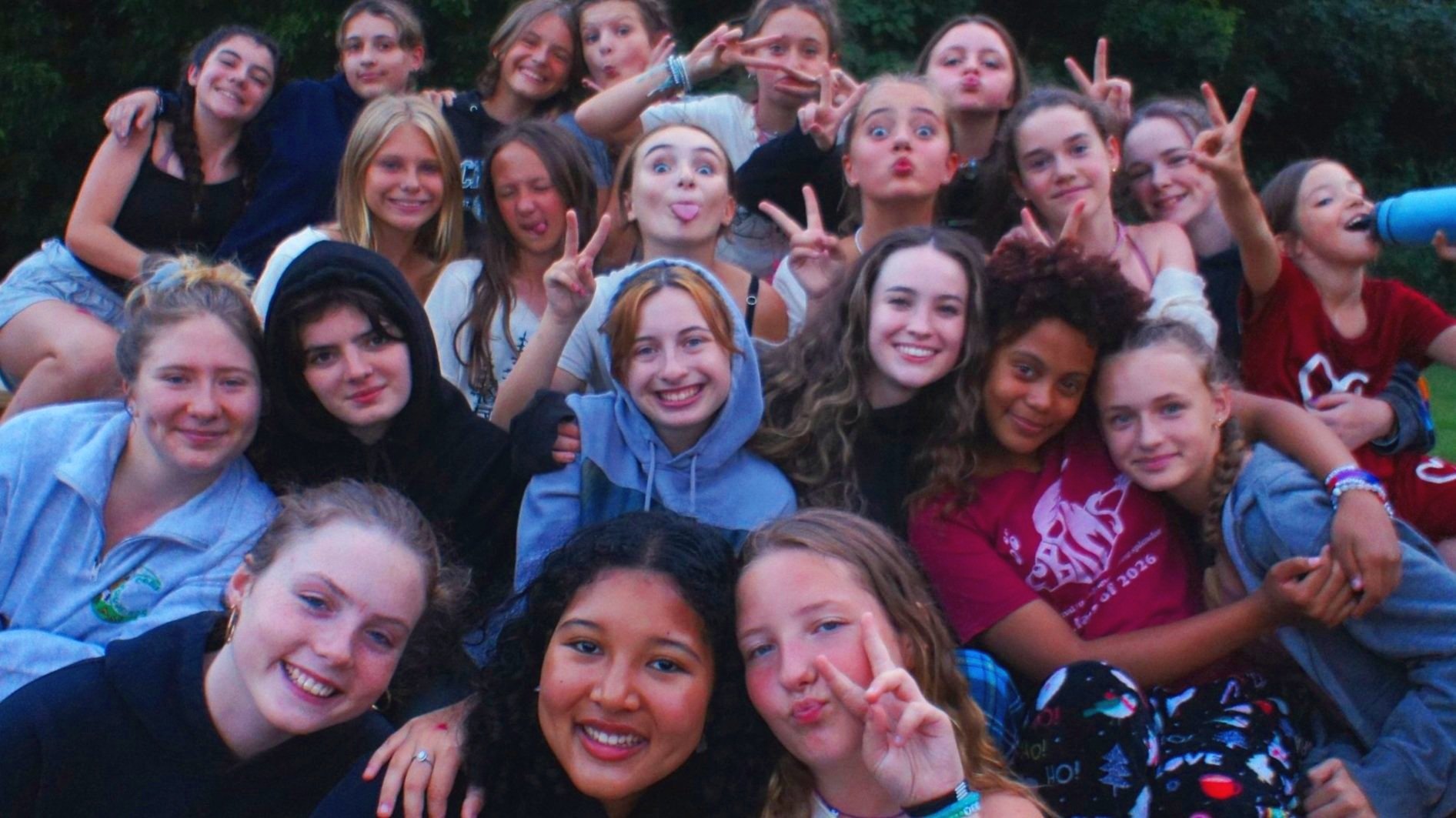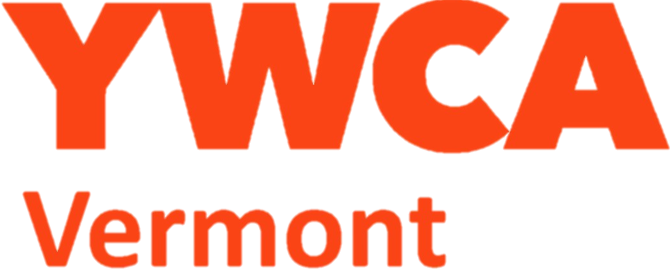
Who We Serve
Here, at YWCA Vermont Camp Hochelaga, we strive to serve any camper who believes themself to belong in our community. With that in mind, we want to remain transparent for our prospective campers and families on the exact supports we have in place to help your camper thrive at Hochelaga. If you ever have any specific questions about if Hochelaga may be the right fit for your camper, please always feel free to reach out.
JEDI (Justice, Equity, Diversity, & Inclusion)
When we talk about Justice, Equity, Diversity, and Inclusion (JEDI) work, we acknowledge the important daily commitment to Anti-Racism work along with the dismantling of White Supremacy. YWCA Vermont recognizes and acknowledges that we are constantly growing and learning to support our mission of empowering women, eliminating racism, and promoting justice, freedom, peace, and dignity for all. We are committed to our partnerships with JEDI consulting companies to take deeper looks into our organization and do the work necessary to make an open and inclusive environment and highlight Camp Hochelaga as a home to all. We welcome community that is dedicated to walking alongside us in JEDI work.
Cultural and Racial Inclusion
We welcome campers from all racial and ethnic backgrounds. We strive for a camp environment where everyone regardless of racial or ethnic background feels a sense of love and belonging at Camp Hochelaga. As of 2024, the percentage of campers of color at Hochelaga is statistically higher than the Vermont state average. We also welcome all of our incredible staff members that travel from all over the globe to be a part of our camp family. Our summer team consists of about 50% international staff from diverse cultural and ethnic backgrounds. In 2024, our camp was home to staff members from 10 different countries!
“Inclusive Girls+,” LGBTQIA+, And Trans Youth
Though traditionally an “all-girls camp,” here at Camp Hochelaga, we recognize the current, past, and future campers, counselors, alums, and year-round staff that embody identities beyond ‘girl.’ With that in mind, we now use the gender inclusive language, “inclusive girls+*” to more accurately represent our community. Gender inclusive language seeks to eliminate exclusive terminology and recognize people who identify and understand gender as a spectrum, rather than a binary. “Inclusive girls+” includes girls, transgender boys and girls, non-binary, and gender nonconforming youth. Using only “girls” or “traditional girls” excludes individuals who fall outside of the binary - which does not and has not represented our camp population. We honor and recognize that our campers, our support staff, and even ourselves are in stages of becoming. Whether you have already discovered who you are or who you love, or you are in stages of learning and becoming, we welcome you.
*”Refers to girls (cisgender or transgender), as well as any young person who may hold less assigned gender power. The “+” is derived from Bear Herbert to include all those who self-identify as oppressed by misogyny similarly to those who identify as girls, including femme, femme-passing, gender non-conforming, nonbinary, agender, genderqueer, intersex individuals, and all those who live outside of identities that terms or language can describe now or in the future.” (2021. Rachel Ricketts, “Do Better”)
Socio-Economic Diverse Community
We welcome and serve campers from various socio-economic backgrounds. We hope to ensure that any camper that would like to come to Camp Hochelaga is able to. We recognize the impact economic hardship can have on individuals and families and we welcome all campers that have diverse backgrounds, home-life experiences, or have experienced trauma. Our team receives specific training in child development, and we utilize our mental health team to make sure all campers and staff can access the care that they need.
While it may be impossible for any one camp to effectively support every single camper, we believe that in order to create a progressively inclusive and welcoming camp space, we have to do what we can to support each camper who wishes to be part of Hochelaga - and to best do this we have to be honest with our communities about where we are currently as a camp space.
Neurodiverse Community
We celebrate and welcome community members that identify outside of the neurotypical umbrella and/or identify as neurodiverse. At Hochelaga we believe that we all coexist on many spectrums of understanding and input comprehension. Whether you are a camper or a counselor looking for a place to belong, we would love to welcome you to our community. If your camper has specific needs, please reach out to make sure we are the right fit for your camper.
Some general supports we offer to all of our campers:
Noise cancelling headphones
Fairly regular schedule, and we try to let campers know of special events for the week their attending ahead of time (and again at opening camp fire)
A quiet space to eat outside during meals
A monitored play space outside during meals for campers who need to expel extra energy, or wiggle their bodies around
Fidget toys (on all lines, and Day Camp)
Mental Health
While we are not a specialized medical or therapeutic camp, we have a team committed to the wellbeing and social and emotional growth of our campers. Our team is passionate about the growth and development of our campers and believe in the therapeutic nature of Camp Magic and Community. Our team also includes a trained Camper Mental Health Specialist with a background in clinical mental health care. If your camper is in need of more significant regular therapeutic support, please reach out to our team to discuss the best option for your camper.
Our leadership team respectively has backgrounds in child development, psychology, and social work. Many members are trained in working with youth with mild to significant mental health needs, disabilities, and learning disabilities.
Our seasonal staff are each trained in basic Mental Emotional and Social Health (MESH) skills during our required period of staff training. During this time, counselors are guided in creating safe spaces for campers to share emotions when they feel like doing so (without prompting, pushing, or accusations). They are taught basic techniques to support, and de-escalate situations, and how to safely support campers in times when they need to await support from one of our leadership or health team staff. Staff are also guided through our protocols for how to best try to support a camper in crisis. We also teach them basic mental health language and ways to appropriately use it.
